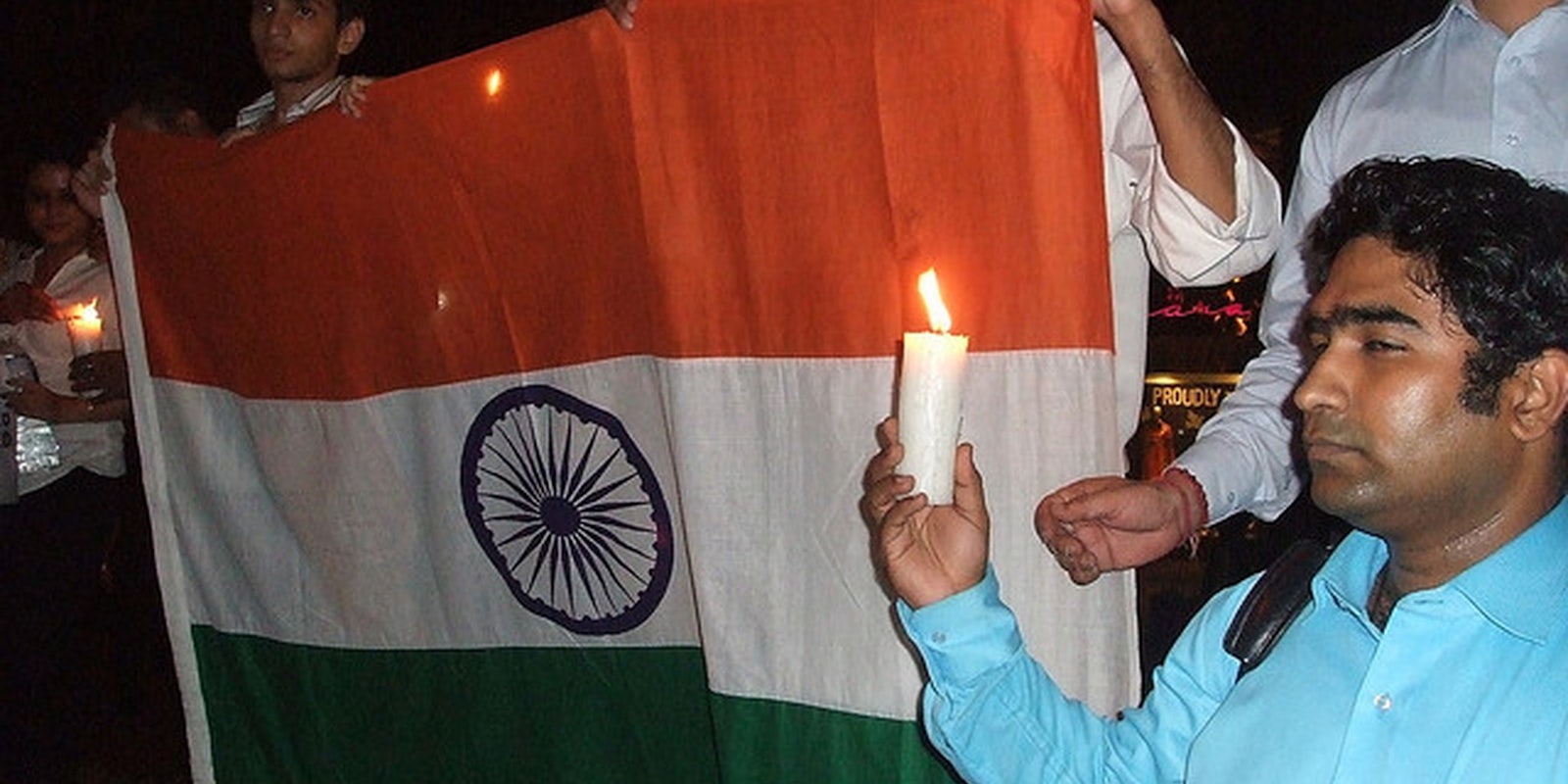Section 66A of India’s Information Technology Act is under heavy criticism after two young women were arrested over a Facebook comment last week.
On Nov. 19, 21-year-old Shahien Dhada and her friend Ruhi Shrinivasan were arrested in the Mumbai suburb of Palghar after Dhada wrote a Facebook comment criticizing the city’s shutdown following the death of Bal Thackeray, founder of the Shiv Sena political party and controversial right-wing Indian politician revered in Mumbai. Shrinivasan was arrested for merely liking Dhada’s comment.
Dhada hinted that Thackeray’s death was nothing special and should therefore receive no special treatment.
The Facebook posting caught the attention of Shiv Sena party member Bhushan Sanke, who proceeded to report her to local authorities. Dhada and Shrinivasan were arrested and charged for violating Section 295A of the Indian penal code and Section 66A of the country’s Information Technology Act. Both laws aim to hinder speech that could be considered inflammatory, with the latter pertaining specifically to any form of electronic communications. Below is the full legal text of Section 66A, which was added to a 2008 amendment to the original 2000 Act:
Any person who sends, by means of computer resource or a communication device,—
(a) any information that is grossly offensive or has menacing character; or
(b) any information which he knows to be false, but for the purpose of causing annoyance, inconvenience, danger, obstruction, insult, injury, criminal intimidation, enmity, hatred or ill will, persistently by making use of such computer resource or a communication device; or
(c) any electronic mail or electronic mail message for the purpose of causing annoyance or inconvenience or to deceive or to mislead the addressee or recipient about the origin of such messages,
shall be punishable with imprisonment for a term which may extend to three years and with fine.
Section 66A has been invoked on several occasions to arrest individuals. A 22-year-old woman was arrested in September 2011 for insulting police after her vehicle was stolen. In May, two Air India employees were also detained for making lewd comments about various politicians.
Dhada and Shrinivasan’s arrest—the two were released that same day— has caused various prominent leaders and legal scholars to question the validity of Section 66A.
Amongst them was Markandey Katju, former Supreme Court of India and chairman of the Press Council of India Markandey Katju.
“To my mind it is absurd to say that protesting against a bandh hurts religious sentiments,” Katju wrote in a blog post. “Under Article 19 (1)(a) of our Constitution freedom of speech is a guaranteed fundamental right.”
Pavan Duggal, an Indian attorney who focuses on cyberlaw and has provided his expert opinion to the Hindu Business Line on the topic, agrees with Katju.
“The language of Section 66A… goes far beyond the reasonable restrictions on free speech,” Duggal argues in a Facebook post. “For India, being the world’s largest, vibrant democracy, reasonable restrictions on free speech need to be very strictly construed.”
“[Section 66A] needs to be amended to made [sic] the Indian Cyberlaw in sync with the principles enshrined in the Constitution of India and also with the existing realities of social media and digital platforms today.”
Even Kapil Sibal, the country’s minister for communications and information technology, agrees that Section 66A may not be perfect. Sibal is reported to have said in a televised interview that revisions to the law may occur if he finds “that this kind of abuse is taking place by misusing the section.”
Those revisions have already been set in motion.
Earlier today, Member of Parliament (MP) Baijayant Jay Panda mentioned on Twitter that he and other MPs have filed a motion to discuss freedom of speech in the country.
“Filed in Parliament today, co-signed by 8 othr MPs, demand for a discussion on freedom of speech, including but not limited to amending #66A,” Panda tweeted.
The provision has also been challenged in Allahabad High Court and the Madras High Court following Dhada and Shrinivasan’s arrest.
Photo via Sameer Gupta/Flickr


